
Prechtel’s poetic book about grief and praise says that beauty is anything seen, felt, or realized that charms or delights the better part of us into wanting to live on, in order to see, feel and understand more without the scared part of us being in charge of what it wants the world to be.
Attesting, that beauty is more than simple aesthetic pleasure. True beauty binds us to it. It strips us naked by its presence.
Moore echoed this sentiment in his book about spiritual healthcare, citing that beauty is anything that vaccinates the soul and creates a sense of delight and expansiveness in our bodies. Beauty offers temporary relief from worry and pain and brings us closer to the sublime, which is the region of the divine.
When we actually slow down enough to allow that experience to happen, it’s literally magic.
There’s a mystical union with life and the world around us. And it becomes a moment where you’re happy to be alive and want to live forever.
What’s interesting is, this beauty is never not there. It has an infinite time clock. The problem is when we shut ourselves off from it. When our standard operating procedure becomes running around all day with our hair on fire, dealing with twenty things at once.
That’s when we become too busy and driven to be able to receive what is rightfully ours.
And so, if we are bothered by a lack of beauty in our life, it’s probably because we’ve turned ourselves into machines. Because we have given in to the resistance, which is any force that tries to prevent beauty.
Koppleman’s tragic film about substance addiction and its destructive powers says it best.
Every moment of beauty goes away. But then there’s another one. And another one. And another one. You just have to be alive to see it.
LET ME ASK YA THIS…
Are you keeping tokens of beauty present in your life?
* * * *
Scott Ginsberg
That Guy with the Nametag
Author. Speaker. Strategist. Inventor. Filmmaker. Publisher. Songwriter.
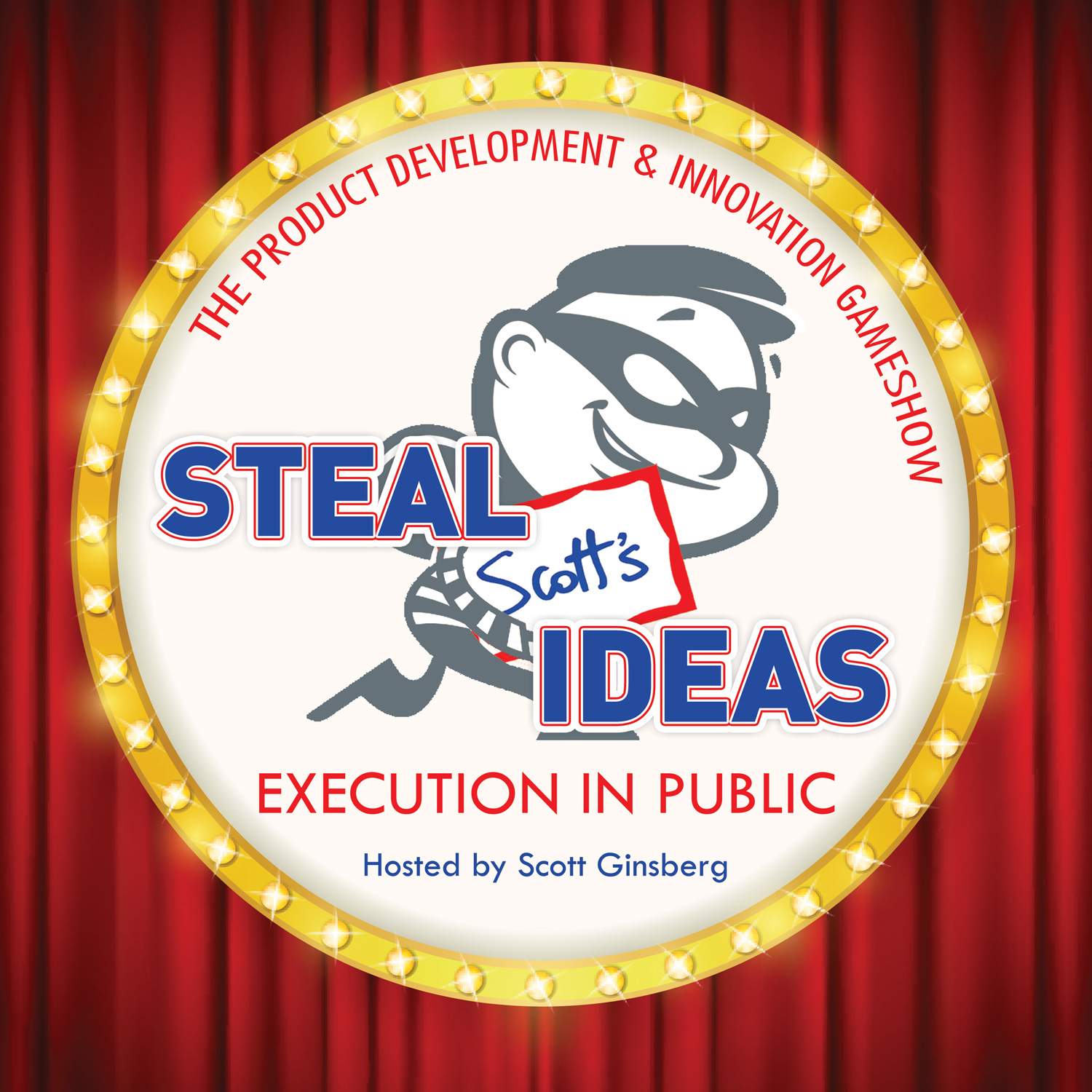 It’s the world’s first, best and only product development and innovation gameshow!
It’s the world’s first, best and only product development and innovation gameshow!
Tune in and subscribe for a little execution in public.
Join our community of innovators, artists and entrepreneurs.


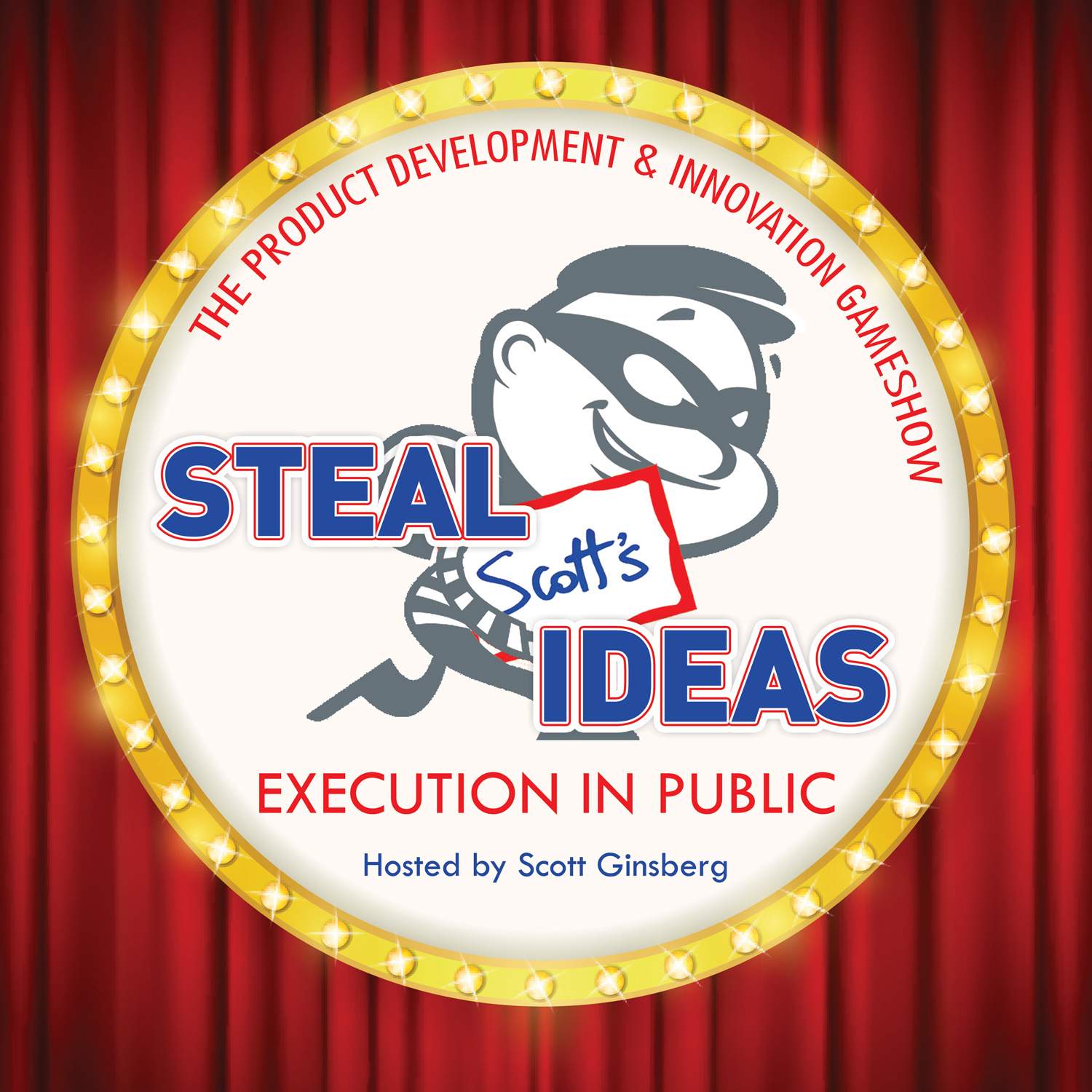 It’s the world’s first, best and only product development and innovation gameshow!
It’s the world’s first, best and only product development and innovation gameshow!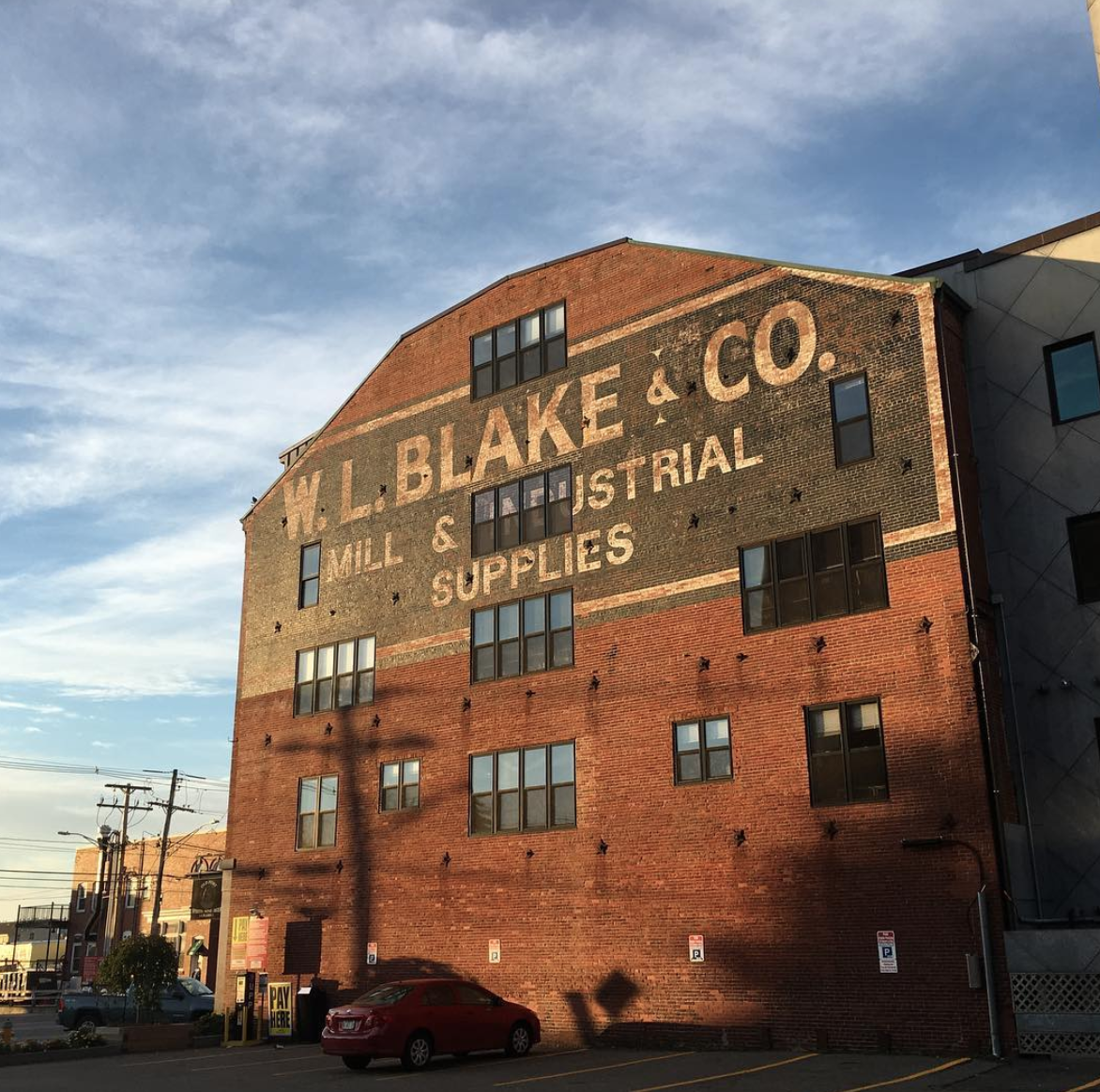
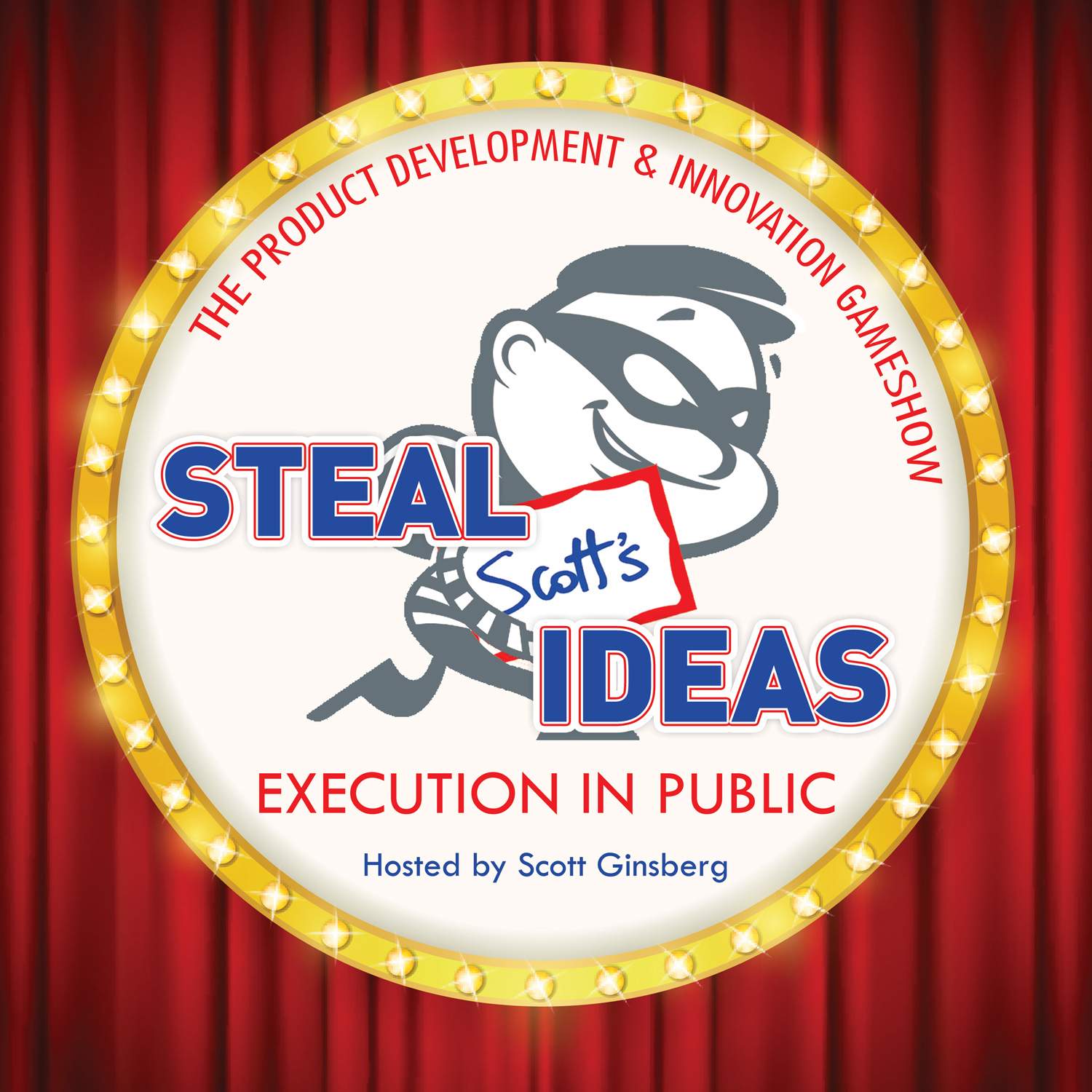 It’s the world’s first, best and only product development and innovation gameshow!
It’s the world’s first, best and only product development and innovation gameshow!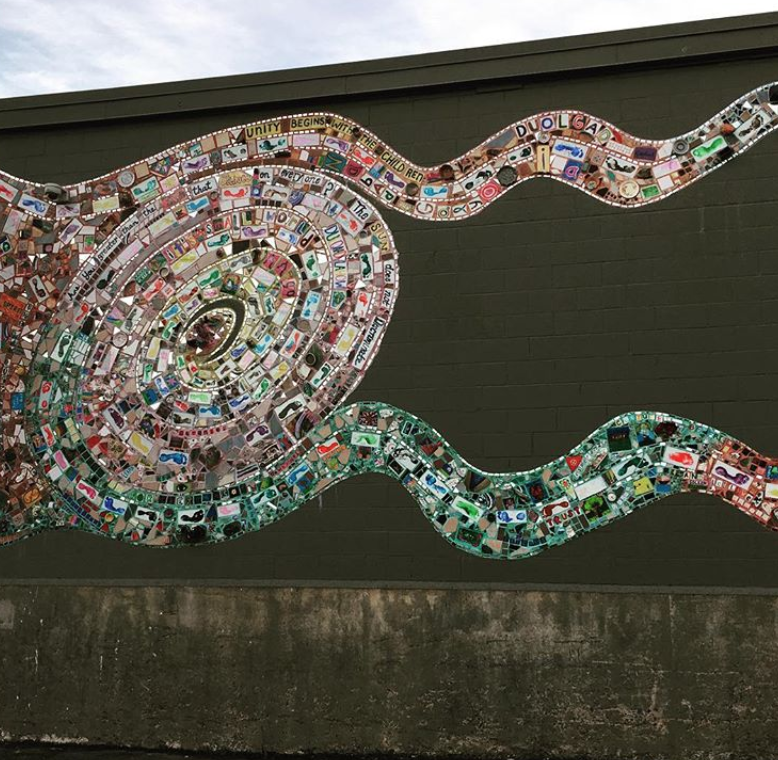
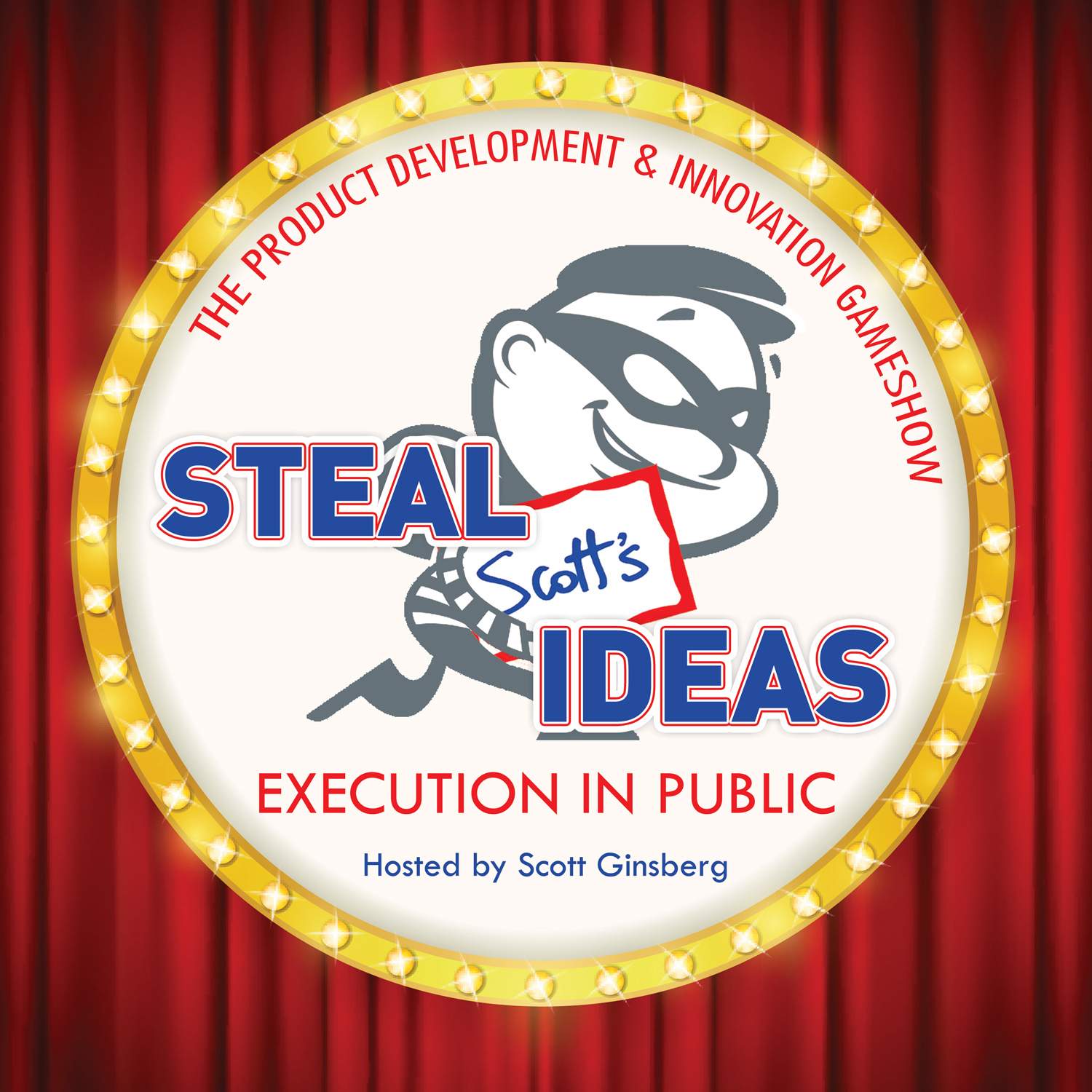 It’s the world’s first, best and only product development and innovation gameshow!
It’s the world’s first, best and only product development and innovation gameshow!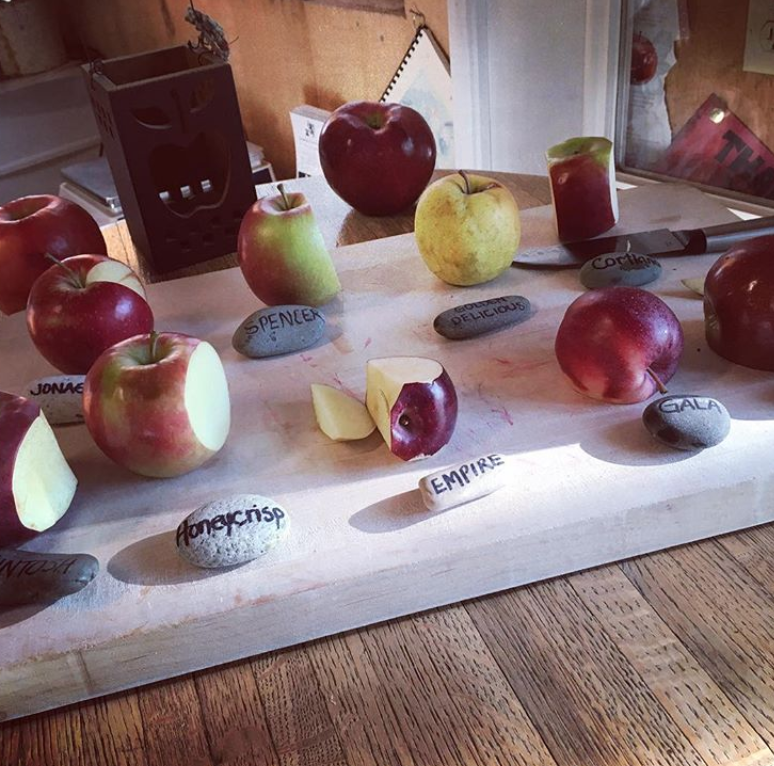
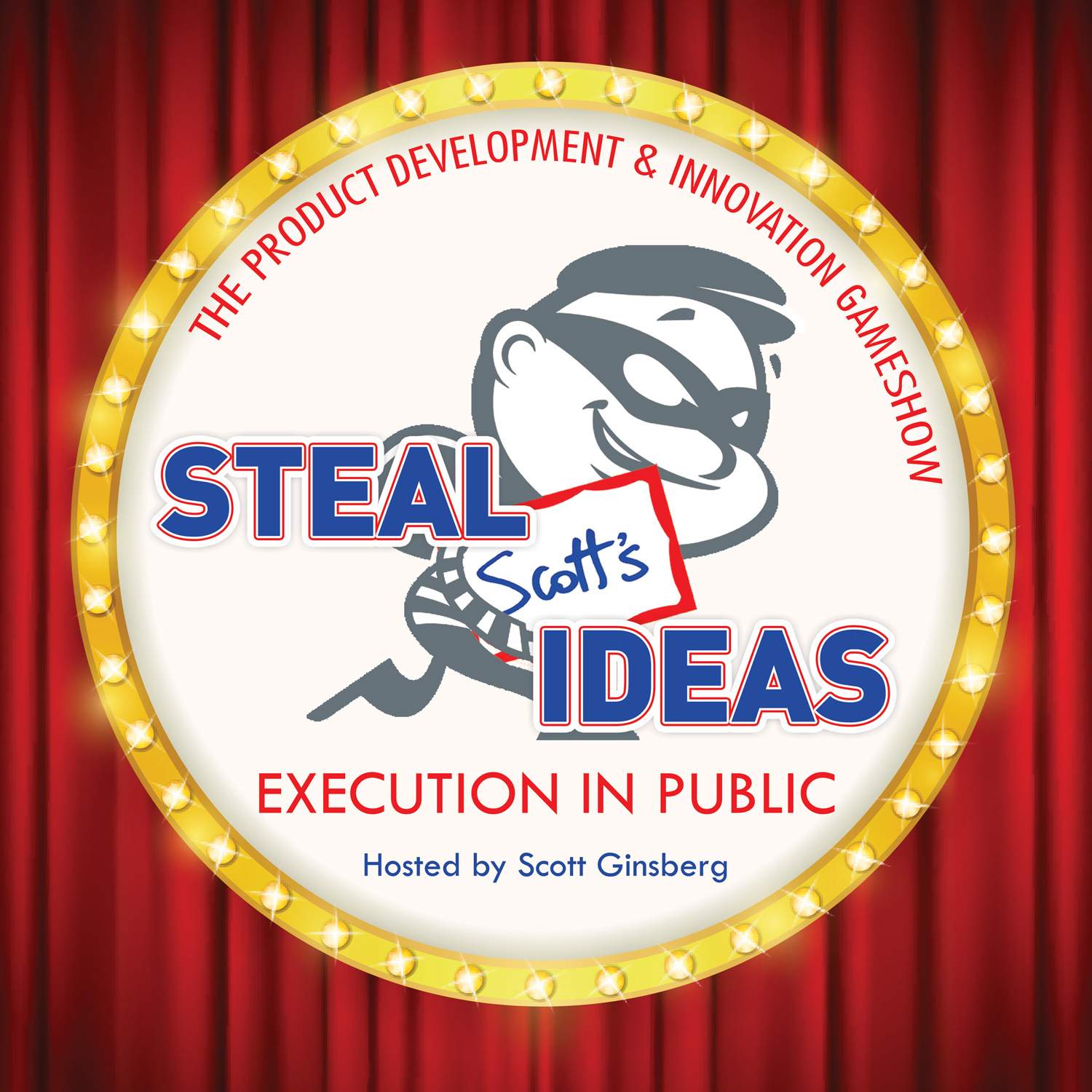 It’s the world’s first, best and only product development and innovation gameshow!
It’s the world’s first, best and only product development and innovation gameshow!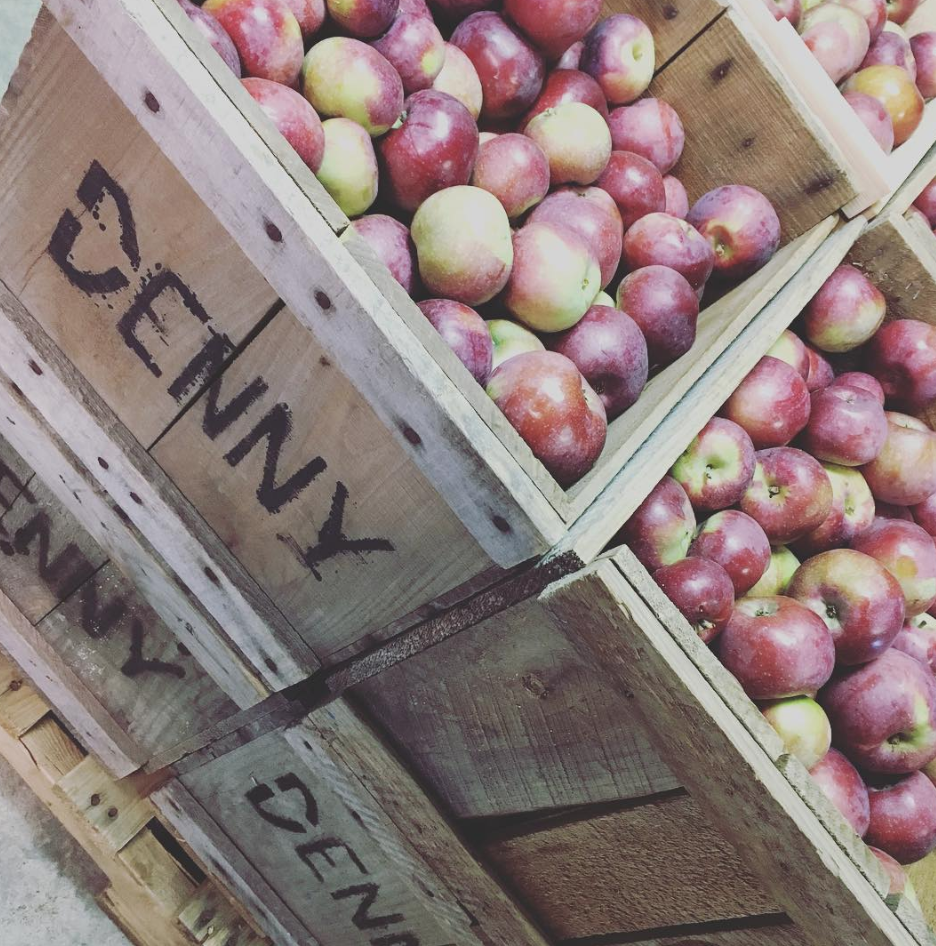
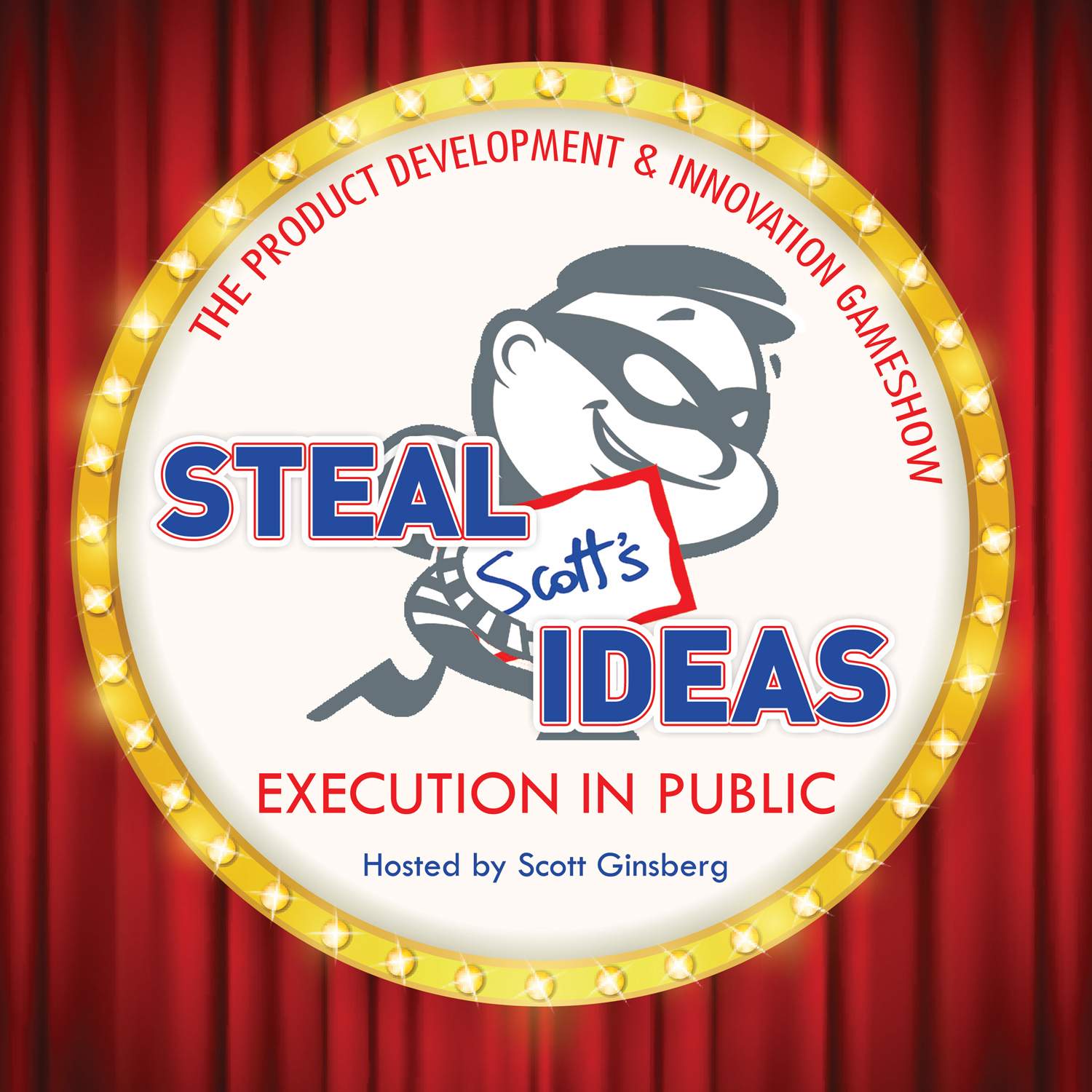 It’s the world’s first, best and only product development and innovation gameshow!
It’s the world’s first, best and only product development and innovation gameshow!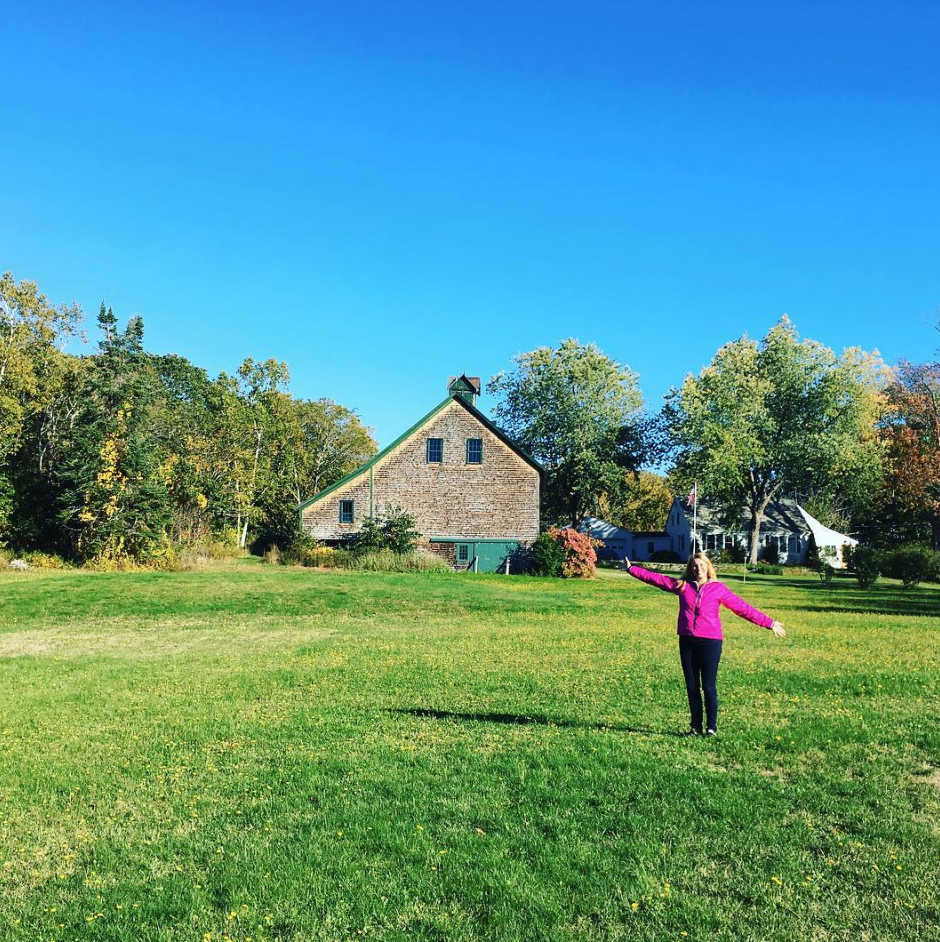
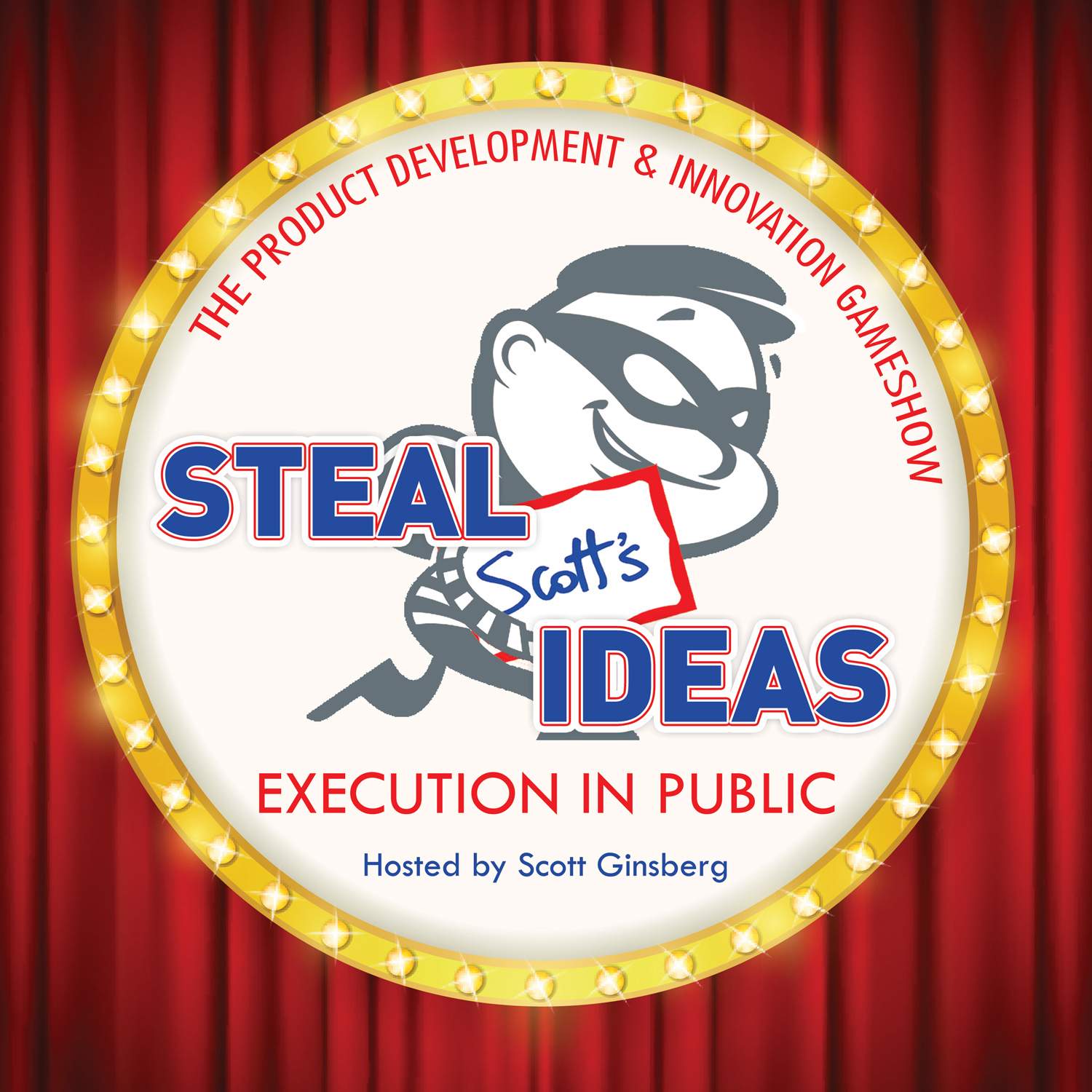 It’s the world’s first, best and only product development and innovation gameshow!
It’s the world’s first, best and only product development and innovation gameshow!
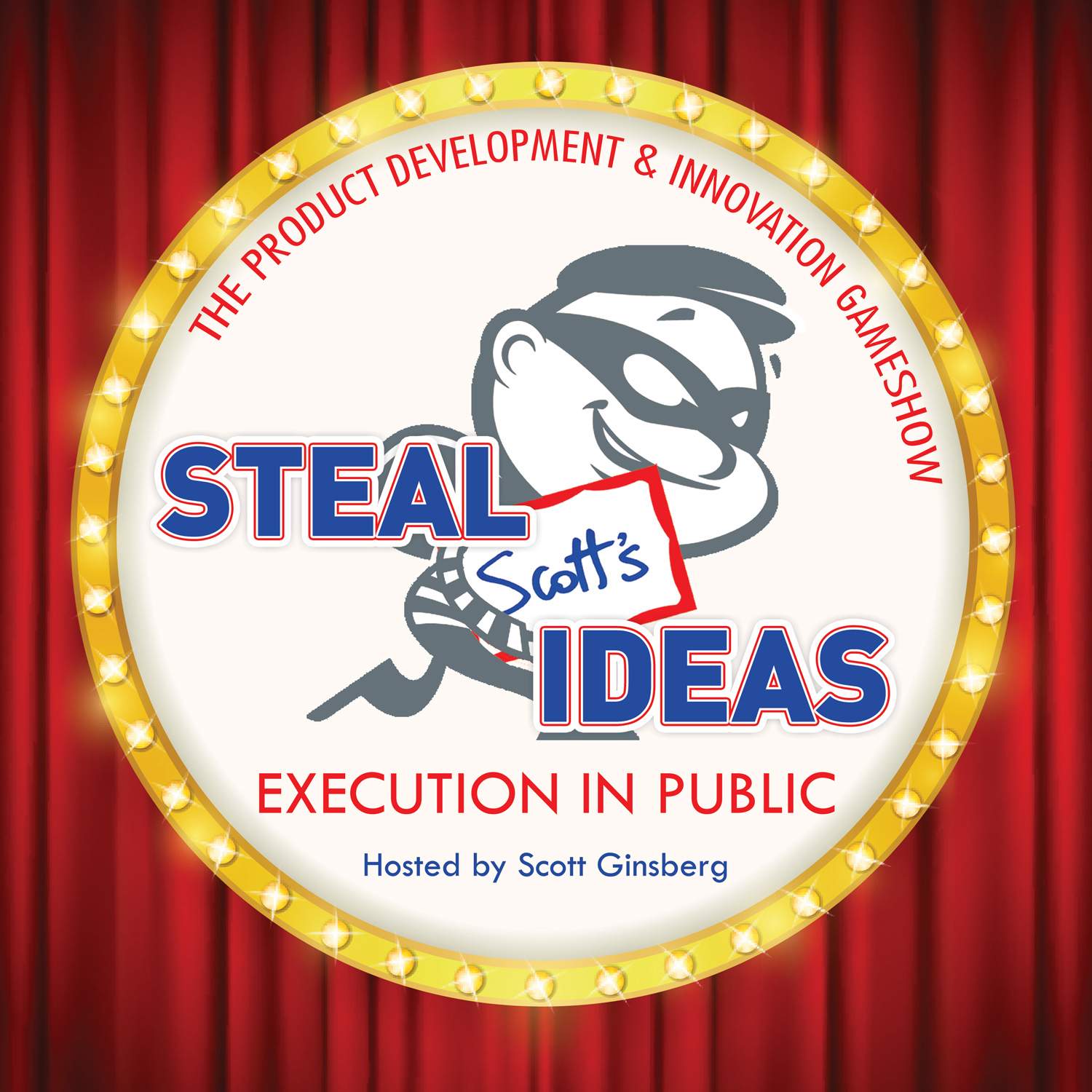 It’s the world’s first, best and only product development and innovation gameshow!
It’s the world’s first, best and only product development and innovation gameshow!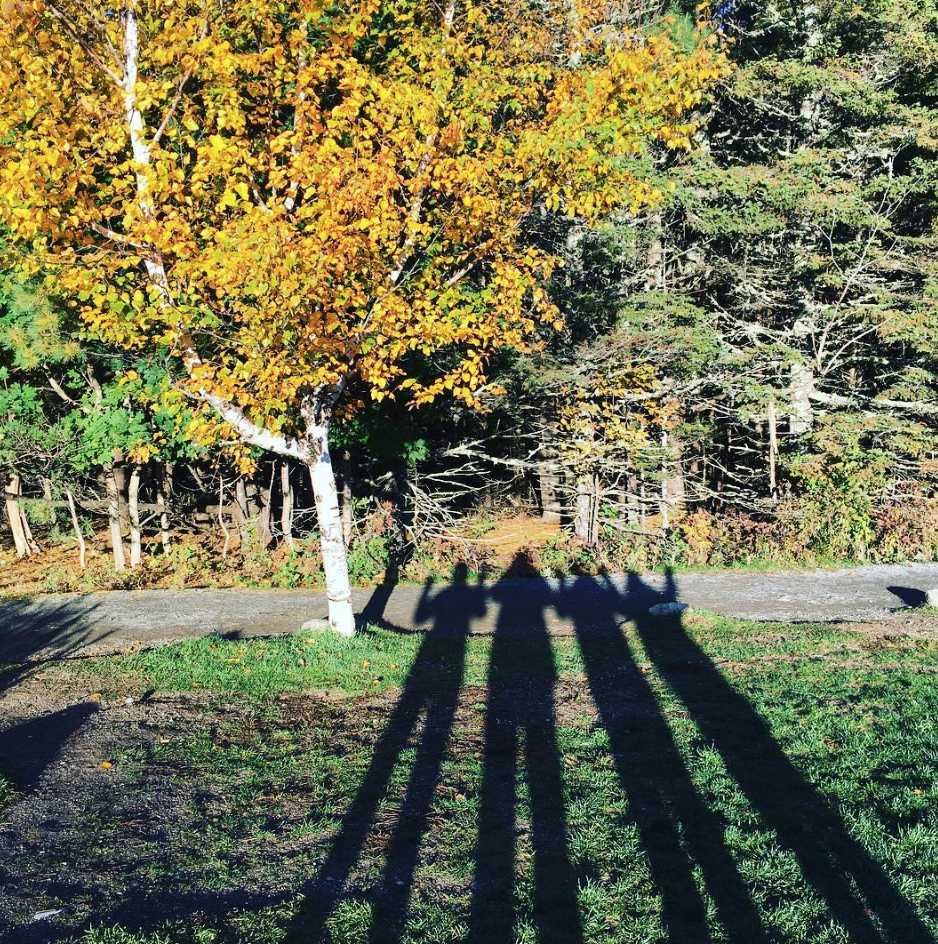
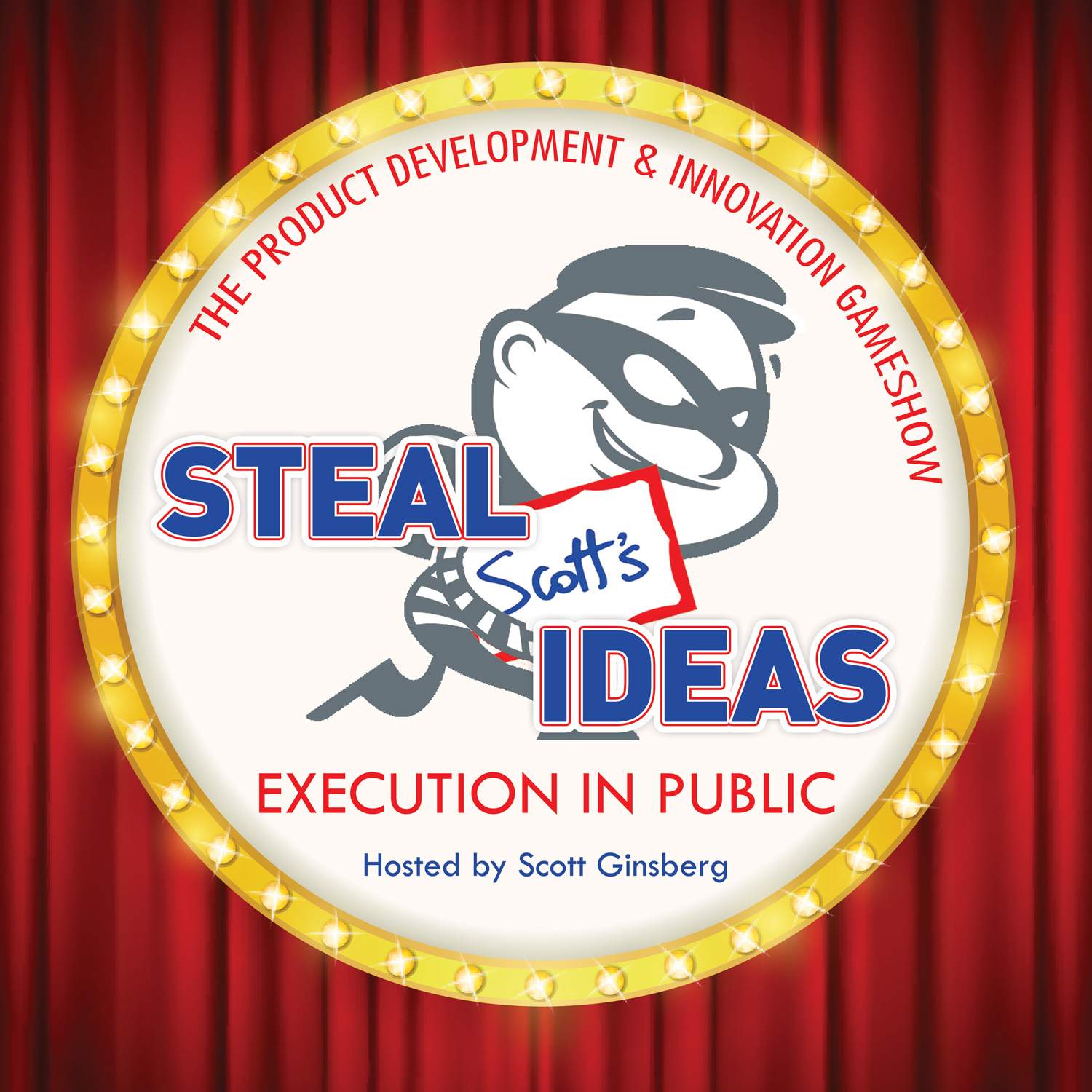 It’s the world’s first, best and only product development and innovation gameshow!
It’s the world’s first, best and only product development and innovation gameshow!
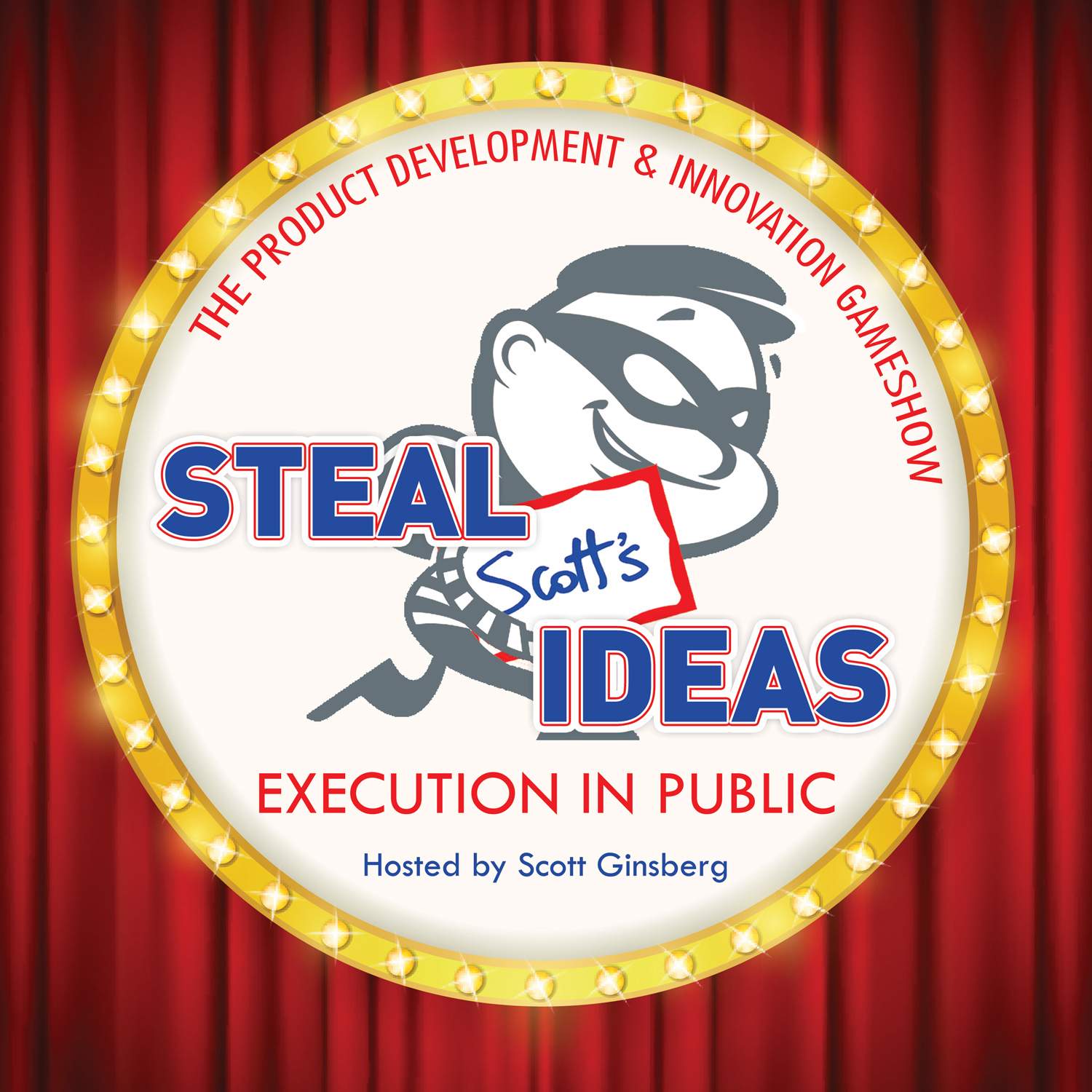 It’s the world’s first, best and only product development and innovation gameshow!
It’s the world’s first, best and only product development and innovation gameshow!